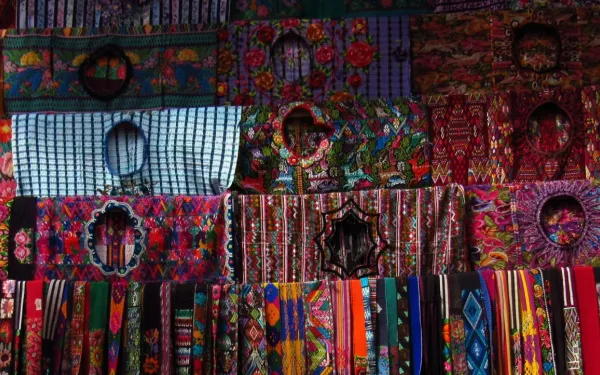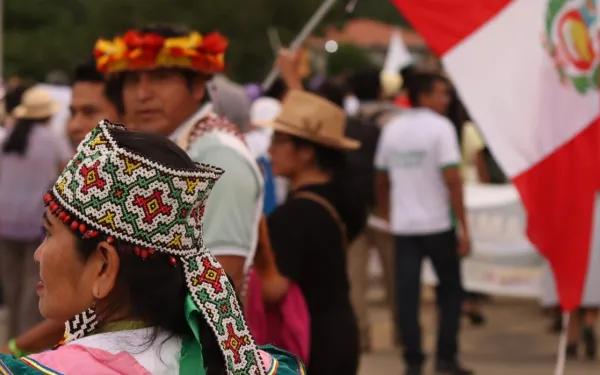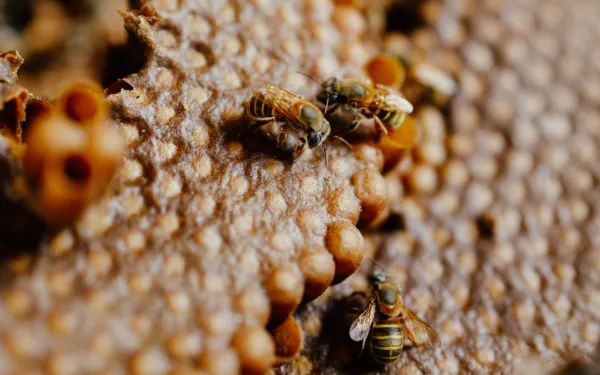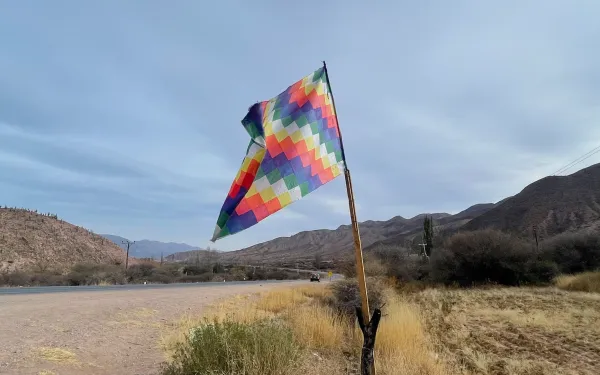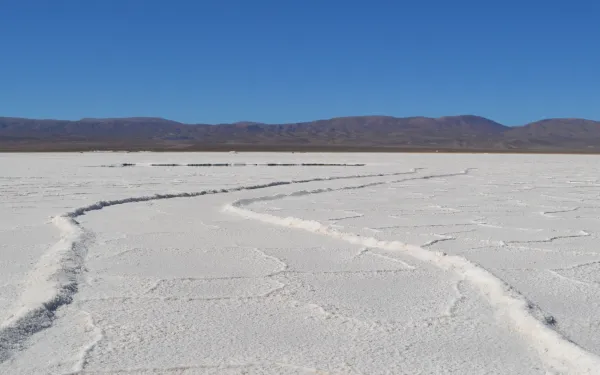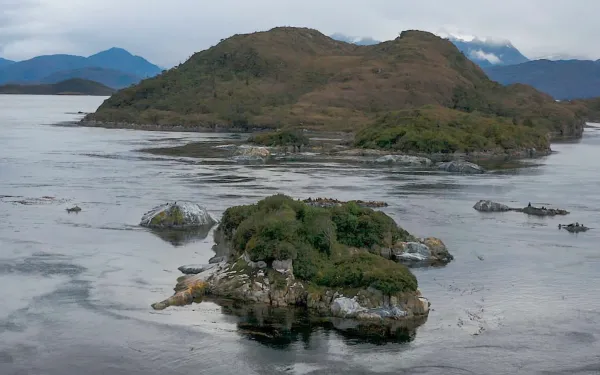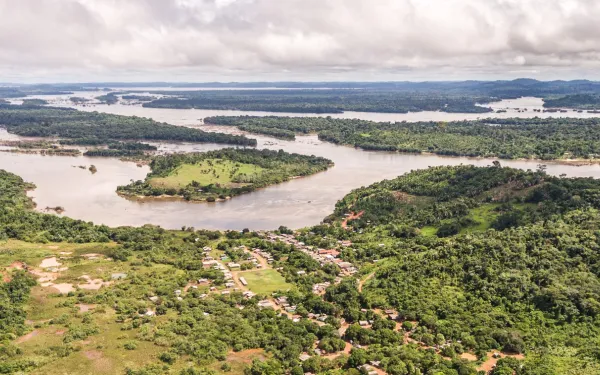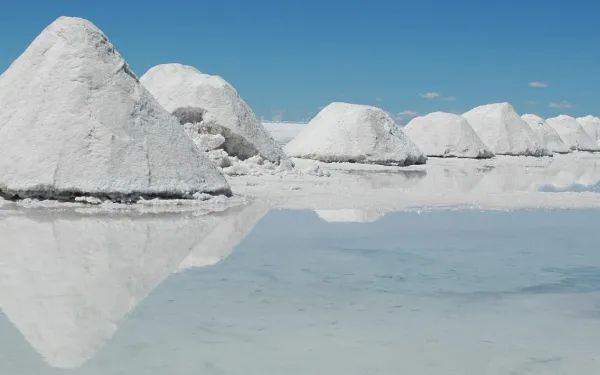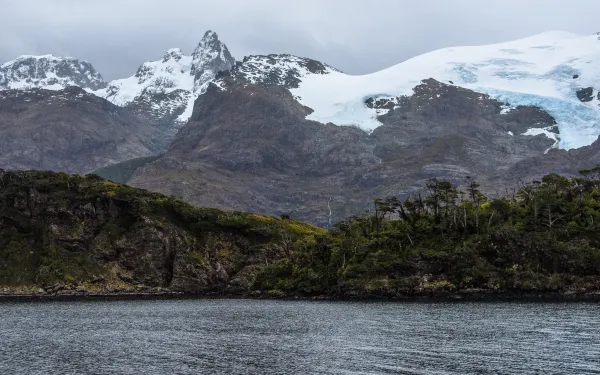"Certain lives exist only in the Xingu River, mine is one of them. And also that of the indigenous and riverine peoples. Can these lives be destroyed?”
The question posed by Sara Rodrigues Lima - a local river dweller, fisherman and researcher - highlights the paradox that one of the most biodiverse, ecologically, climatically and culturally important regions in the world is also one of the most affected by socio-environmental impacts.
The Volta Grande (or "Big Bend") of the Xingu River, located in the heart of the Brazilian Amazon, is home to a unique ecosystem and is a key region for the conservation of global biodiversity. For centuries, it has been home to indigenous and riverine peoples who have shared ownership of the river and the Amazonian rainforest, providing sources of food, water, identity, culture and mobility, among other things.
This link has translated into livelihood systems based on caring for and defending the territory and their own existence, which are now severely threatened.
Since 2015, this region has been the target of large extractive projects that threaten the livelihoods and physical and cultural survival of traditional peoples and communities. This has been accompanied by violence against people defending this Amazonian territory.
In order to deal with this situation, the affected peoples and civil society have created a network that unites and strengthens their efforts. The Alliance for the Volta Grande do Xingu, formed by social movements and organizations, including AIDA, supports and coordinates actions to defend the region as a living and healthy territory. The coalition has taken the case to the United Nations.
The cumulative impact of two megaprojects
One of these projects is the Belo Monte dam, whose construction has caused irreparable environmental damage and human rights violations for several generations. The drought caused by the diversion of the river to generate electricity, as well as the ineffectiveness of the mitigation measures implemented, have led to an ecological and humanitarian collapse in the Volta Grande. Currently, thousands of traditional families are suffering from the death of fish, extinction of fishing, lack of food security, impoverishment, physical and mental illnesses.
Another major threat to the region and its traditional inhabitants is the Volta Grande project, where the Canadian company Belo Sun intends to build the largest open-pit gold mine in Brazil.
The coexistence of the two projects poses the risk of overlapping areas of direct impact. In this scenario, the potential damage to the environment and to indigenous and riverine peoples will be irreversible.
The Belo Sun project is proposed to be built less than 10 kilometers from the Belo Monte dam, on the banks of the Xingu River, in the midst of indigenous lands, protected areas and traditional communities. The magnitude of the synergistic and cumulative impacts of the mine and hydroelectric dam has not been assessed.
Also ignored were technical analyses that pointed to the serious impacts of the use of cyanide, the contamination of the river, and the risks of a dam breach that, if it were to occur, would flood 41 kilometers along the river and reach nearby indigenous lands.
In addition, the state excluded indigenous peoples, riverine and peasant communities from the environmental licensing process for the mining project. Because they live outside the demarcated indigenous lands or more than 10 kilometers from the project, some indigenous peoples were not considered affected or consulted about the implementation of the project. The lack of consultation and public participation of indigenous and riverine peoples led Brazilian courts to order the suspension of the mining company's operating license.
Violence and threats against human rights defenders
The arrival of Belo Sun in the area is a serious intervention in the socio-cultural environment of the Volta Grande do Xingu. The overlapping of the mining project in a territorial polygon inhabited by traditional peoples, rural groups benefiting from the agrarian reform, and artisanal miners has led to community divisions and violence against those who oppose the mine.
In the context of the project's development, there have been reports of illegal land purchase and sale contracts to evict rural families, threats to the area's inhabitants by private security companies, and violence against peasants claiming agrarian reform lands acquired by the mining company, which are the subject of legal proceedings.
Threats of violence against environmental and human rights defenders have also increased in intensity and severity. Some of them have had to leave the area to protect their lives, and those who remain in the area face constant risks and threats.
Defending the Volta Grande and its people before the United Nations
One of the most important actions of the Alliance for the Volta Grande do Xingu has to do with advocacy in the Universal Periodic Review (UPR), a special process of periodic review of the human rights record of the 193 member states of the United Nations.
At Canada's fourth UPR cycle in Geneva in August 2023, more than 50 civil society organizations and communities affected by Canadian business activities presented a report highlighting human rights abuses from 37 projects in nine countries in Latin America and the Caribbean, including Belo Sun's Volta Grande project.
The document includes recommendations to ensure that states exercise effective environmental oversight that requires human rights due diligence on the part of companies operating in their territories.
One of the defenders of the Volta Grande was part of the delegation in Geneva. In addition to denouncing the abuses suffered, he reported on the risks posed by the socio-environmental impact of the Belo Sun project. More than 20 countries and 13 permanent missions and UN agencies took note of the situation in the region.
The results of Canada's fourth UPR cycle, released last month, include 34 recommendations directly related to the Alliance's report. Canada has not yet accepted these recommendations, but may do so at the next session of the UN Human Rights Council, which concludes on April 5.
As a follow-up to the UPR advocacy, the Alliance submitted reports on the impact of the Belo Sun project to UN Special Rapporteurs. One of them, sent to the Special Rapporteur on Human Rights Defenders of the Inter-American Commission on Human Rights, focuses on the situation of vulnerability and criminalization of human rights defenders.
Similarly, the Alliance submitted a report to the UN Committee on Economic, Social and Cultural Rights highlighting the human rights violations committed by Brazil in the Belo Monte and Belo Sun cases, as well as the lack of effective measures to require human rights due diligence by the companies responsible for these projects.
Networking in these international spaces to expose the pattern of environmental impacts and human rights violations of extractive economic projects in Amazonian territories has been one of the alliance's strategies of resistance and denunciation. The conservation of the Amazon and the protection of its peoples are incompatible with the large-scale mining planned by Belo Sun.
States have an obligation to prevent serious and irreversible damage to the environment and the population. In the case of Belo Sun, Brazil has the opportunity to avoid repeating the environmental tragedy of Belo Monte and to declare definitively that the mining project is unsustainable from a socio-environmental point of view.
The road to these demands and the achievement of these goals will be full of challenges and struggles. But courage and resisting are inherent to those who live in and defend the Amazon.
The defense of the Xingu River Basin as a free, vibrant, healthy and safe territory for its peoples and its defenders is an urgent call for social mobilization for the social-ecological protection of one of the world's most important ecosystems.
Read more 